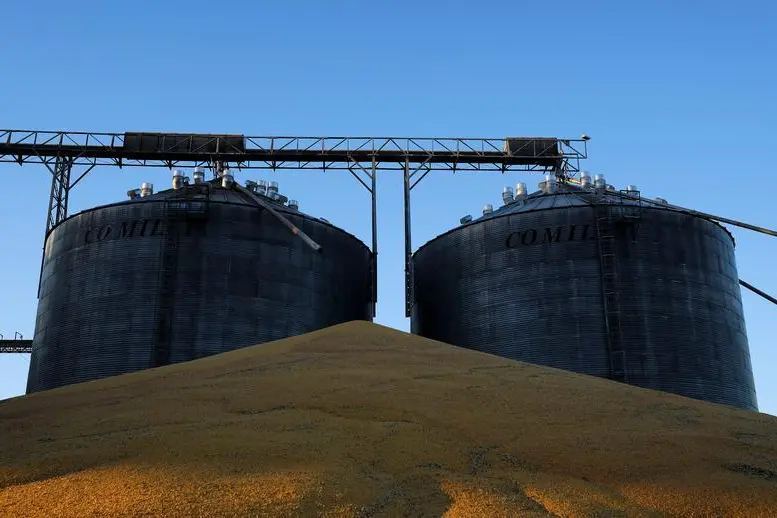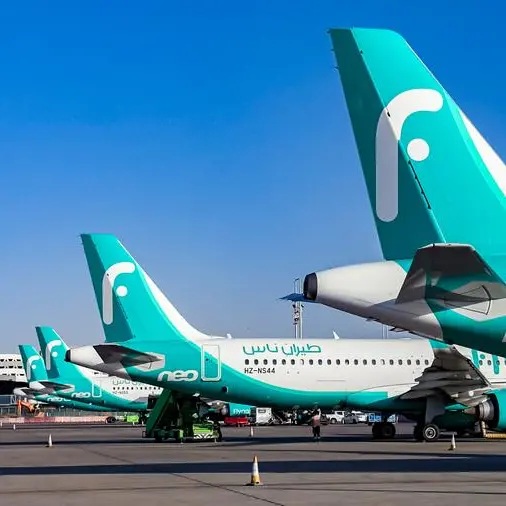PHOTO
Food prices are skyrocketing in the Middle East and North Africa (MENA) region as many countries face crippling budget deficits, high levels of public debt, currency devaluation and dangerous inflation levels, World Food Programme (WFP) said in a recent statement.
Five regional countries have seen food inflation going beyond 60 percent just this year, with Lebanon and Syria facing triple-digit food inflation at 138 percent and 105 percent, respectively.
Annual food inflation is more than 61 percent in Iran, Turkey and Egypt, making it difficult for families to afford essential food items like bread, rice, and vegetables.
As national food production cannot satisfy domestic needs, heavy reliance on imports has exposed the region to fluctuations in global food prices, exacerbated by the war in Ukraine and supply chain disruptions caused most by the Covid-19 pandemic.
“The region’s dependency on food imports means millions of people – particularly the poorest – are vulnerable when internal or external shocks push up food prices,” said WFP’s Chief Economist Arif Husain.
“The combination of high food inflation, collapsing currencies and stagnant incomes has left families unable to put food on the table.”
Prices remain high
Global food prices remain at a 10-year high despite a slight decline in recent months.
“These fluctuations will not dent domestic food inflation in countries facing a toxic combination of tumbling currency values and high inflation,” added Husain.
According to February data, four out of 15 countries on WFP’s currency watch list are in the region. In Lebanon, Egypt, Syria, and Iran, currencies have depreciated between 45 and 71 percent over the past 12 months alone.
That said, food production in the MENA region is curtailed by both conflict and a deepening climate crisis. In Iraq and Syria, prolonged droughts and the effects of conflicts have reduced cultivated areas and cut food production.
Invest in farming
The MENA region has been hit hard by the climate crisis and is seeing prolonged droughts and heat waves, wildfires, flooding, erratic rainfall and landslides.
“Governments need to invest more in agriculture across the region where almost all countries are import-dependent,” says WFP Regional Director for the Middle East, North Africa and Eastern Europe Corinne Fleischer.
“This is a long-term strategy that will not help the poor cope with price rises now but will pay dividends some years down the line,” she said.
The number of food-insecure people across the region increased by 20% over the past three years, reaching more than 41 million people, compared to 2019, WFP said.
(Writing by P Deol; Editing by Anoop Menon)





















